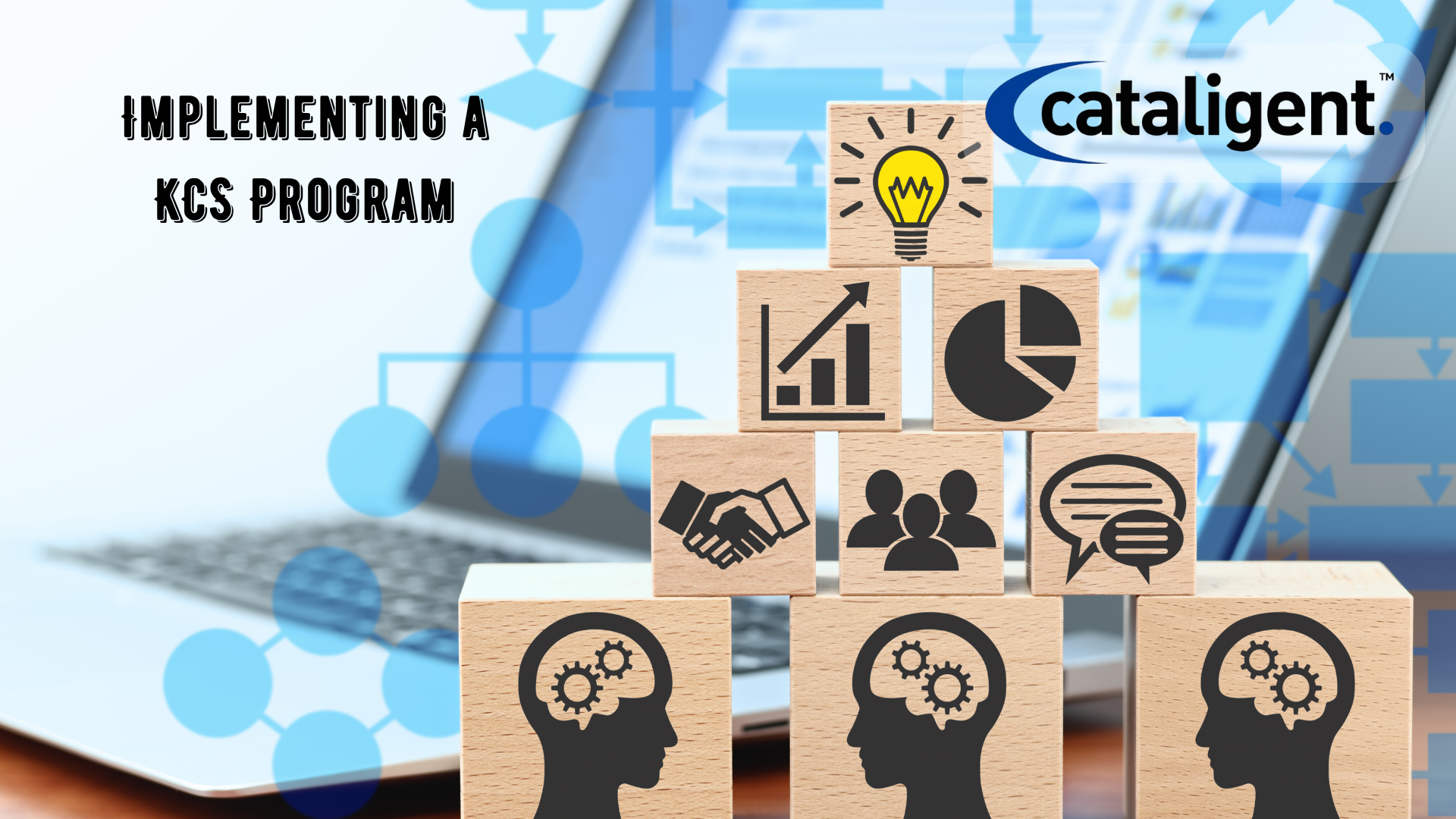In today’s digital age, organizations face increasing pressure to deliver seamless and consistent customer service experiences. One of the most effective strategies for achieving this is the implementation of a Knowledge-Centered Service (KCS) program. KCS is a methodology designed to integrate knowledge creation and sharing directly into service delivery, enabling organizations to improve efficiency, customer satisfaction, and employee engagement. This document outlines a comprehensive guide to successfully implementing a KCS program in your organization.
Understanding Knowledge-Centered Service (KCS)
Knowledge-Centered Service is a proven methodology developed by the Consortium for Service Innovation. It focuses on creating and maintaining knowledge as a by-product of resolving service issues. Unlike traditional knowledge management approaches, KCS encourages knowledge sharing as part of the workflow rather than a separate activity.
KCS is based on two core principles:
- Create Knowledge as a By-Product of Solving Issues
- Evolve Content Based on Demand and Usage
Benefits of Implementing KCS
Implementing a KCS program can deliver several transformative benefits to an organization:
- Increased Efficiency: Reduce time to resolve issues by providing quick access to accurate knowledge.
- Improved Customer Satisfaction: Deliver consistent, high-quality responses.
- Enhanced Collaboration: Promote a culture of collaboration and continuous improvement.
- Reduced Training Time: New hires can onboard faster with access to existing knowledge.
- Scalable Support: Handle more cases without increasing headcount.
Steps to Implement a Successful KCS Program
1. Gain Executive Buy-In
Leadership support is crucial for the success of any organizational change initiative. Educate executives about the benefits of KCS and how it aligns with business goals, such as customer experience improvement, operational efficiency, and employee engagement.
2. Assemble a Cross-Functional Team
Create a KCS core team consisting of knowledge workers, team leads, IT support, HR, and other stakeholders. This team will drive the program and ensure its integration across departments.
3. Define Objectives and Success Metrics
Establish clear goals for the KCS implementation, such as reducing average handling time, improving self-service usage, or increasing case deflection rates. Set Key Performance Indicators (KPIs) to track progress.
4. Start with a Pilot Program
Begin your KCS journey with a pilot project involving a small team. Select a group with a high volume of cases and strong leadership. Use this phase to test your approach, gather feedback, and demonstrate value.
5. Train Knowledge Workers
Provide comprehensive KCS training to ensure everyone understands the methodology, tools, and expectations. Emphasize the importance of capturing knowledge during issue resolution and updating it based on usage.
6. Integrate KCS into Workflows
Embed knowledge creation and reuse into the daily workflow of service agents. Use your ITSM tool or knowledge management platform to support KCS practices, such as article linking, flagging for improvement, and real-time content contribution.
7. Establish Content Standards
Define guidelines for creating and maintaining knowledge articles, including formatting, tone, and metadata usage. Consistent content makes it easier for users to find and trust the information.
8. Promote a Culture of Knowledge Sharing
Foster a workplace culture that values collaboration, learning, and knowledge sharing. Recognize and reward employees who actively contribute to and improve the knowledge base.
9. Monitor and Measure Performance
Track progress using predefined KPIs such as:
- Article reuse rate
- Number of articles created and updated
- Average time to publish an article
- Reduction in case resolution time
- Self-service success rate
Regularly analyze data to identify trends, gaps, and opportunities for improvement.
10. Expand and Evolve the Program
Once the pilot is successful, gradually roll out the KCS program across other teams and departments. Continuously evolve the program based on feedback and performance data.
Overcoming Common Challenges
Implementing a KCS program is not without its challenges. Here are a few common obstacles and how to address them:
- Resistance to Change: Address concerns early through communication, training, and involving employees in the process.
- Lack of Time: Emphasize that KCS saves time in the long run and incorporate it into daily activities.
- Inconsistent Participation: Set clear expectations and hold individuals accountable for knowledge contribution and maintenance.
- Tool Limitations: Ensure your knowledge management system supports KCS features like article lifecycle management and user feedback.
Technology Considerations
Choosing the right technology is vital for KCS success. Look for tools that offer:
- Seamless integration with your IT service management (ITSM) platform
- Real-time article creation and linking
- Role-based access and content approval workflows
- Reporting and analytics features
- Collaboration capabilities (e.g., commenting, feedback)
Popular platforms that support KCS include ServiceNow, Zendesk, Salesforce Knowledge, and Freshservice.
Long-Term Sustainability
For a KCS program to succeed long-term, it must be treated as a continuous journey rather than a one-time project. Incorporate the following practices:
- Ongoing Training: Provide refresher courses and onboarding sessions for new employees.
- Governance Framework: Establish roles such as Knowledge Domain Experts (KDEs) and Coaches to maintain content quality.
- Continuous Improvement: Regularly review content and processes for opportunities to enhance efficiency and effectiveness.
- Celebrate Successes: Share success stories and metrics to demonstrate the value of KCS.
Conclusion
Implementing a successful Knowledge-Centered Service program can be a transformative initiative for any organization focused on delivering superior service and optimizing knowledge management. By aligning knowledge creation with service delivery, fostering a culture of collaboration, and leveraging the right tools, organizations can unlock new levels of efficiency and customer satisfaction.
With a structured approach, continuous engagement, and executive backing, a KCS program can become a cornerstone of your organization’s service excellence strategy.

